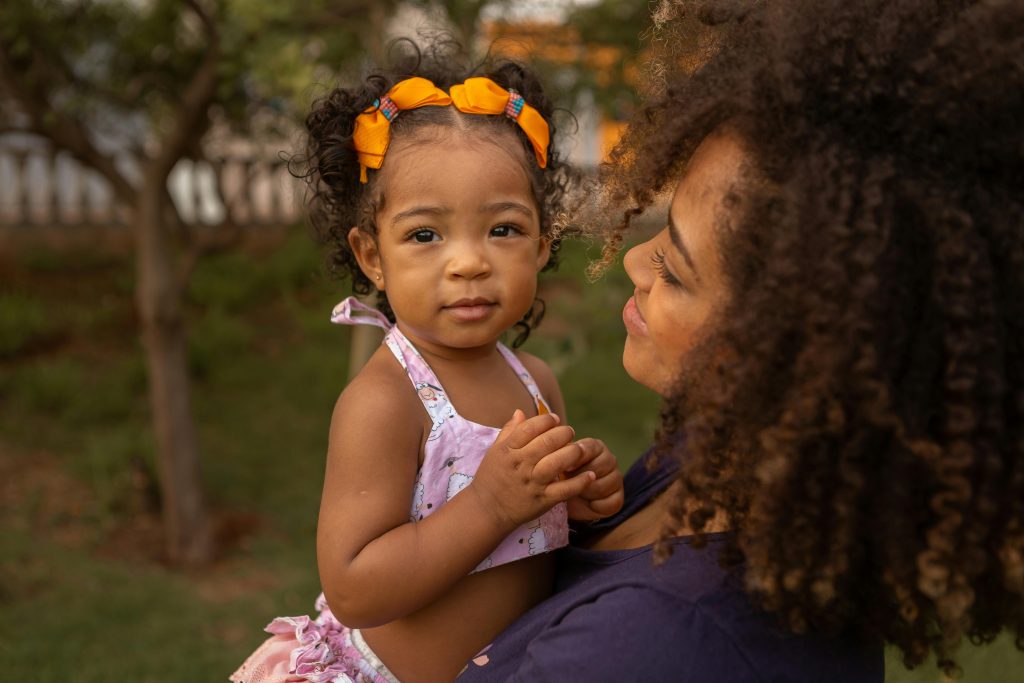Dear friends,
It’s my pleasure to hand over this month’s newsletter greeting to my colleague, HealthBegins Program Manager Eva Batalla-Mann. Enjoy!
Best,

Rishi Manchanda, MD, MPH.
Growing up, I pored over my parents’ old photo albums for hours. I relished stories about their life in San Francisco before I was born, what sounded like an exciting time guided by creativity and community. However, there was always a deep sadness as they shared stories of friends they lost and those they feared for during the height of the U.S. AIDS epidemic.
During the worst part of the crisis, my dad quit his job as a chef at a high-end San Francisco restaurant and started working at Project Open Hand, a nonprofit that provides medically tailored meals to critically ill neighbors and seniors. The organization’s motto is “meals with love.”
My parents became fixtures in the kitchen there, my dad making chicken stock and bechamel sauce in 35-gallon batches while my mom kept the cooks’ spirits high with her epic mixtapes. I remember listening to cassettes with tattered handwritten “Project Open Hand” labels in my dad’s old Volvo.
Project Open Hand was started in 1985 by Ruth Brinker, a retired food-service worker and grandmother who had witnessed a good friend suffer from both AIDS and malnutrition because he could no longer shop for groceries or cook for himself—his illness compounded by stigma and social isolation.
Project Open Hand provided even more than food to help meet basic needs. As my mom recently said, “I believed that the communion of love involved in the making of the food they received would ultimately offer healing and comfort.”
As far as my parents were concerned, they were simply showing up for their community. Now, we may consider their work a Food is Medicine (FIM) intervention. In retelling his experience, my dad highlights the importance of providing clients with culturally appropriate foods and ensuring the food was tailored to specific clinical needs. These are obviously two essential components of effective FIM interventions. To me, it seems like the love may be just as important.
The re-funding of the federal government provides respite, at least for now, from the unprecedented national food crisis created by freezing SNAP funds. But it leaves countless families recovering from that crisis (during the month of Thanksgiving, no less) and an estimated 47 million people still facing food insecurity to begin with.
Even if SNAP funding holds for now, we can anticipate an impending explosion in food insecurity due to SNAP changes outlined in H.R. 1, the so-called “Big Beautiful Bill.” These include limits to immigrant eligibility, expansion of work requirements, time limits on participation, elimination of SNAP-Ed funding, reduction of household utility allowances, and shifting costs to states.
In the midst of this horror, we see communities showing up for each other. People in Philadelphia’s Fishtown neighborhood are feeding their neighbors through a Mutual Aid Meals initiative. Some restaurants in Chicago are offering free meals to SNAP recipients. And anti-hunger organizations of all sizes across the country have tirelessly leveraged their infrastructure and networks to protect their communities amid crisis.
As Upstreamists, we often focus on distal levels of prevention that require us to hold systems and history as guiding principles in the work that we do. However, a moment like this may also require direct, tangible, community-based action to ensure that our neighbors aren’t going to bed hungry.
Now is the time to donate to anti-hunger organizations, contribute to your local Mutual Aid networks, drop food off to your local food bank or community fridges, and don’t stop writing to your representatives. While we will continue to advocate for systems-level change and paradigm shifts that center justice and equity, may we all find ways to feed our neighbors today and tomorrow, as we have done for generations, with love.
Best,
Eva Batalla-Mann
Featured content
How to Read the New Federal Dietary Guidelines as a Health Equity Advocate
The new Dietary Guidelines released by the Department of Health and Human Services not only run counter to established health standards, but also against health equity goals. Here are the the issues with these guidelines and what actions health equity advocates can take for better outcomes.
Small Practices Improve Health and Health Equity in Big Ways
The EQuIP-LA effort led to statistically significant health improvements and highlighted lessons that could help amplify the impact of small practices in advancing equity in more places.
Building Community to Improve Maternal Health: Lessons from Group Prenatal Care
HealthBegins supported health centers across the country to find new ways to make maternal health more equitable and effective. The solution was Group Prenatal Care—a means of fostering community as part of the care—and the outcome was nothing short of inspiring.



